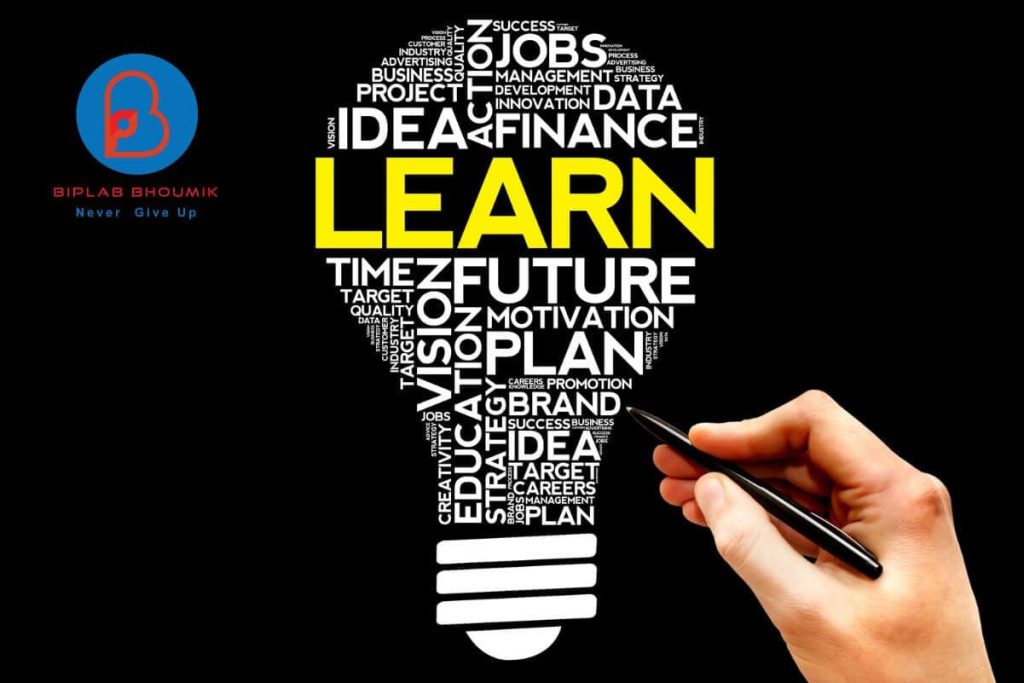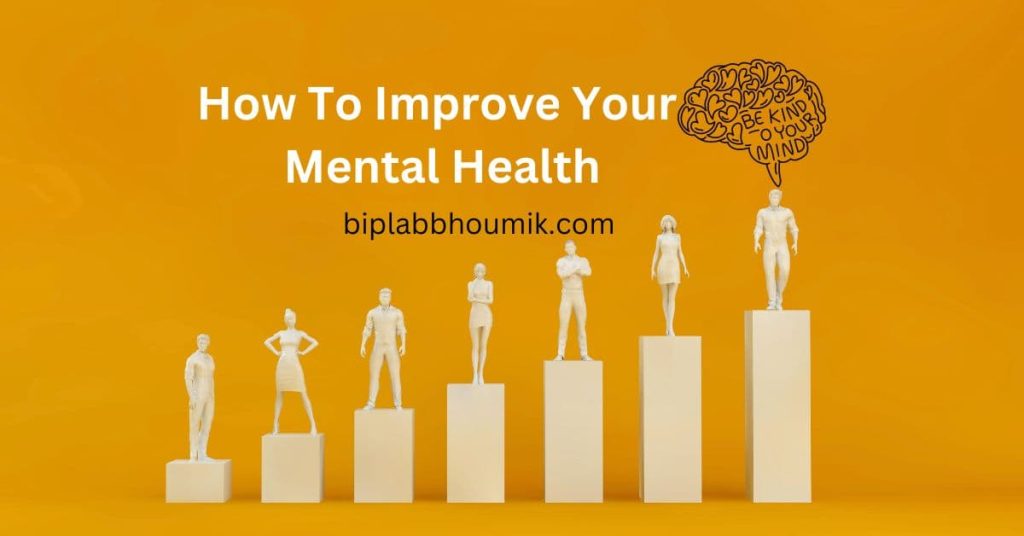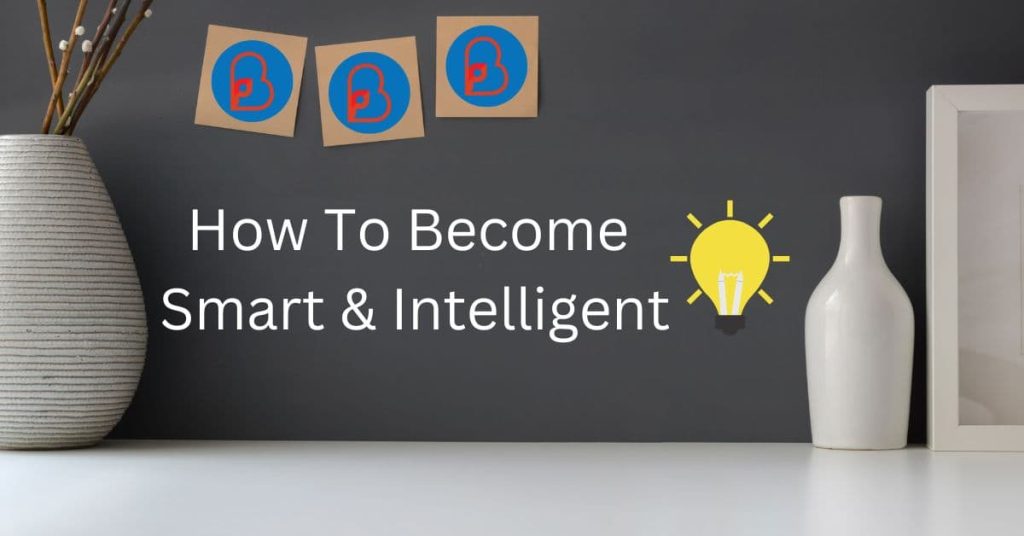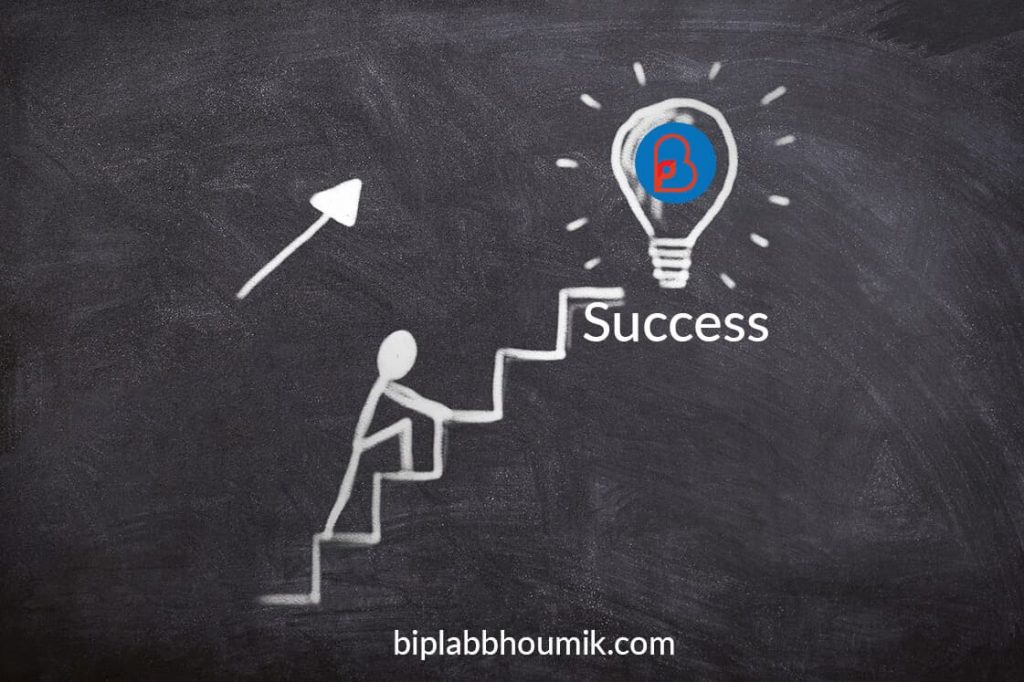How can you learn anything faster? In the past, people have relied on a variety of different methods to learn new information. However, in today’s technological age, there are many more efficient and effective ways to learn. One such method is video learning. Video learning allows you to watch instructional videos at your own pace, and it can be an effective way to learn new information. Additionally, online resources offer a wealth of information that can be accessed at any time. By using these two methods, you can quickly and easily learn the information you need. Today, we will discuss eleven tips for learning anything faster.
How to Learn Anything Faster
There’s no question that we all wish we could learn things faster. Whether it’s a new skill for your job or a new hobby you want to pick up, learning quickly can save you a lot of time and effort. While there’s no definitive way to learn anything faster, there are some methods that can help you to speed up the process. In this blog post, we’ll share some of the best tips for how to learn anything faster. Here are 11 tips for how to learn anything faster.
- Master Timing
- Break the Rules
- Practice, Practice, Practice
- Take the Plunge
- Be Persistent
- Stay Organized
- Stay Positive
- Have a Support System
- Take Time For Yourself
- Remember-It’s Not About the End Result, It’s About the Journey.
- Never Give Up
1. Master Timing
There is a lot of power in knowing when to start and when to finish a task. By mastering timing, you can speed up your learning process and better retain information.
One of the most important skills you can develop when learning something new is timing. Timing determines how long you spend on a task, how much information you retain, and how quickly you can achieve success. In order to improve your timing, it’s important to understand when to start and when to finish a task.
When starting a task, it’s important to get started as quickly as possible. If you take too long to get started, you’ll likely struggle with the material and will likely be less successful in achieving your goals. By starting quickly, you’ll increase the chance that you’ll retain the information and reach your goals.
However, it’s also important not to rush through tasks. If you complete a task too quickly, you may struggle with understanding the material and may have difficulty retaining information. Instead, strive for balance – completing tasks quickly without sacrificing comprehension or retention. By mastering this balance between speed and understanding, you’ll speed up your learning process and better retain information.
2. Break the Rules
Breaking the rules can help you shortcut the learning process. When it comes to learning new things, there are always exceptions to the norm. If you’re following the traditional method of learning, you may have to spend time reading, studying, and practicing in order to achieve a level of proficiency. However, there are ways to shortcut this process and achieve proficiency much faster.
One way is to break the rules. When you do this, you’re not following traditional methods of learning as closely as possible. This can lead to confusion at first, but it also allows for more rapid acquisition of information and skills. By breaking the rules and finding shortcuts that work for you, you’ll be able to learn new things much more quickly than if you strictly followed traditional methods.

If breaking the rules is not an option or isn’t desirable for some reason, then another approach is using mnemonic techniques. Mnemonic techniques help remember information by forming images or stories that are associated with the information being learned.
For example, when studying for a test, it can be helpful to create memorable mnemonics such as “The sky is blue because I’m surrounded by green.” This will help you to remember the information associated with the test and improve your test-taking skills.
Must Read: How to Be a Good Student
3. Practice, Practice, Practice
One of the most important things you can do is to find a practice strategy that suits you. Practice will make perfect. If you prefer to study in short bursts, try focusing on one concept or skill at a time. If you like taking longer breaks between sessions, focus on learning multiple concepts or skills at once. The key is to find a practice routine that works for you and allows you to maximize your learning potential.

Another key factor in how fast you can learn new information is repetition. Spending time reviewing what you’ve learned often not only reinforces the information in your memory but also helps build automaticity—a skill that will help speed up the learning process when it comes time for new material. Finally, be patient—learning something new takes time and effort, but with perseverance and a bit of luck, it’s definitely possible to learn anything faster than you think!
If you want to improve your skills at playing the piano or riding a bike, for example, you need to put in the effort and practice regularly. Second, it’s important to be systematic in your approach. Organize your material by topic or subject matter, and study sections or topics sequentially rather than jumping around willy-nilly. And finally, make use of technology tools and resources whenever possible. For example, using online flashcards or video lectures can help you retain information more easily.
4. Take the Plunge
If you are hesitant to try something new, take the plunge and see what happens. Assuming you’re hesitant to try something new, take the plunge and see what happens. Intentionally exposing yourself to new experiences can help you learn new information, skills, or concepts more quickly. Whether it’s enrolling in a course online or taking a class in person, there are many ways to increase your learning potential.

The key is to be open-minded and willing to experiment. Sometimes the best way to learn something is by doing it wrong—you’ll make mistakes but that will also teach you about yourself and what you’re capable of. In addition, don’t be afraid to ask for help when starting out; experts know more than anyone else about certain subjects and are happy to share their knowledge. So if you’re feeling apprehensive about trying something new, remember: the potential rewards could be far greater than any fear of failure.
Read Also: How to Motivate Yourself
5. Be Persistent
Persistence is a key ingredient in learning any new skill or subject. It can be difficult to start something new, but if you keep at it, you will eventually achieve success. There are many different ways to increase your persistence, but some key tips include:
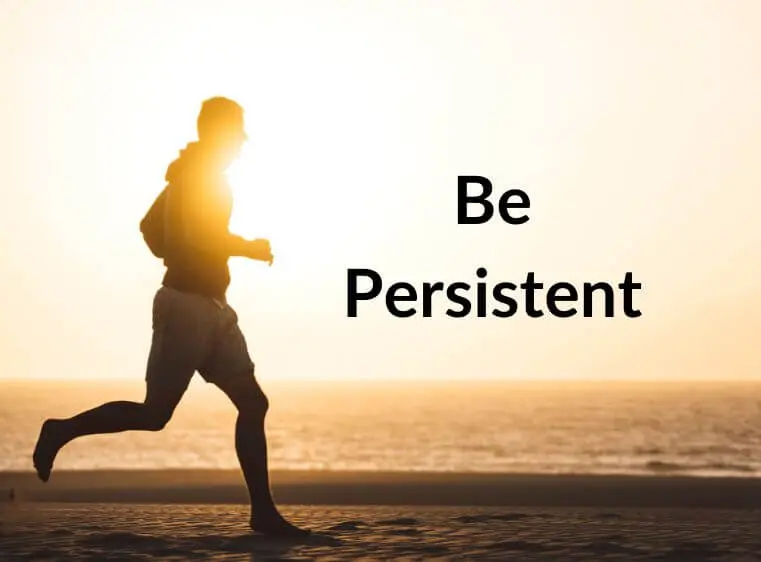
1. Set goals and deadlines – Make sure that you have specific objectives for learning this new skill or subject. This will help keep you focused and motivated. Establishing deadlines also helps ensure that you meet your goals.
2. Use visual aids and diagrams – When studying for an exam, for example, using diagrams and pictures can be helpful in retaining information. Similarly, when learning a foreign language, listening to audio recordings can be very helpful in improving your recall of the words.
3. Practice frequently – The more time you spend practicing a skill or subject, the better you will become at it. Practice makes perfect!
4. Keep at it until you have mastered the skill or knowledge. There are a few things that you can do to help speed up the learning process. Make sure that you keep at it until you have mastered the skill or knowledge. This means that you should not give up on the task even if it seems difficult at first.
5. Try to take breaks often so that you do not get too tired. This will help to keep your mind fresh and focused on the task at hand. Finally, be sure to ask for help when needed so that you can get all of the information that you need in a timely manner.
6. Stay Organized

Make sure your learning materials are easy to access and organized. When you want to learn something new, it can be challenging to find the resources you need and organize them in a way that is easy for you to access. If your learning materials are difficult to find or if they are scattered all over your computer or tablet, it will be much more difficult for you to focus on learning. You may also lose motivation if the materials are scattered around and hard to find.
One way to make sure that your learning materials are easy to access and organized is to create folders on your computer or tablet for each subject area that you want to learn about. This will make it easier for you to find the resources that you need and put them in an easily accessible location. Additionally, make sure that the resources that you use are high-quality and well-written. This will help you absorb the information more quickly and improve your overall comprehension of the material.
7. Stay Positive
Stay positive and have faith that you can learn anything. There are a few things that you can do to help increase your learning speed. First, stay positive. If you believe in yourself and have faith that you can learn anything, it will be easier for you to overcome any obstacles that may come your way.
Second, break down information into smaller pieces. When you are learning something new, try to focus on one specific aspect of the topic at a time. This will make it easier for your brain to remember the information and process it more quickly.
Finally, practice, practice, practice! The more times you can apply what you have learned in a real-world setting, the better! “You can learn anything, even if you think you can’t. Believe in yourself and have faith that you can overcome any obstacle. Stay positive and don’t give up on your dreams.”
8. Have a Support System
Having a support system can be instrumental in your learning journey. Whether you need a friend to bounce ideas off of, someone to keep you accountable, or just someone to listen to, having a support system can be incredibly beneficial. Not only will it make your journey easier by providing someone else to share the load, but it can also give you an idea of what it is like to go through the same struggles.
Having someone who has gone before you can be a great resource for finding information and tips. Additionally, having a support system allows you to ask questions without feeling embarrassed or like you are asking for too much. When all is said and done, having a supportive network will make your learning process more efficient and enjoyable.
9. Take Time For Yourself
Find time to relax and reflect. Learning is a process that requires time and effort. Too often, people try to learn too much at once and end up struggling. To learn effectively, it’s important to find time to relax and reflect. When you’re relaxed, your mind is more open to new information.
And when you reflect on what you’ve learned, it becomes easier to apply it in the future. These two factors are essential for learning anything faster. If you can find ways to relax and reflect during learning, you’ll be on your way to becoming a faster learner.
10. Remember – It’s Not About the End Result, It’s About the Journey.
In order to learn anything faster, it’s important to remember that the journey is more important than the end result. This means that you should be focused on acquiring the skills and knowledge required for your desired outcome, rather than getting wrapped up in the process. It can be difficult to stay motivated when learning something new, but by focusing on the journey and taking things one step at a time, you’ll eventually achieve your goal.

11. Never Give Up
Sometimes, you can’t learn as fast as you can but never give up. To learn new information, sometimes you just can’t seem to get ahead. Despite your best efforts, you just can’t seem to learn as fast as you want to. But that doesn’t mean you have to give up! There are a few techniques that will help you learn more efficiently, no matter how slow your pace may be.
First and foremost, make sure that you are taking the time to understand the material. One of the biggest mistakes people make when trying to learn something new is trying to memorize information instead of understanding it. When you can really understand what is being taught, it will be much easier for your brain to store the information and use it in future situations.

Another important tip is to be patient. If you are trying to learn something new, don’t expect instant results. It may take some time for your brain to start absorbing the information and using it in everyday situations. However, with patience and a little bit of effort on your part, learning anything can become easier over time!
Conclusion
These tips will help you learn anything faster – from mastering timing to breaking the rules, to practicing, to staying organized, to being persistent, and to taking time for yourself. By following these simple tips, you’ll be on your way to becoming a faster learner – and you won’t even know it! So what are you waiting for? Let’s get started!

